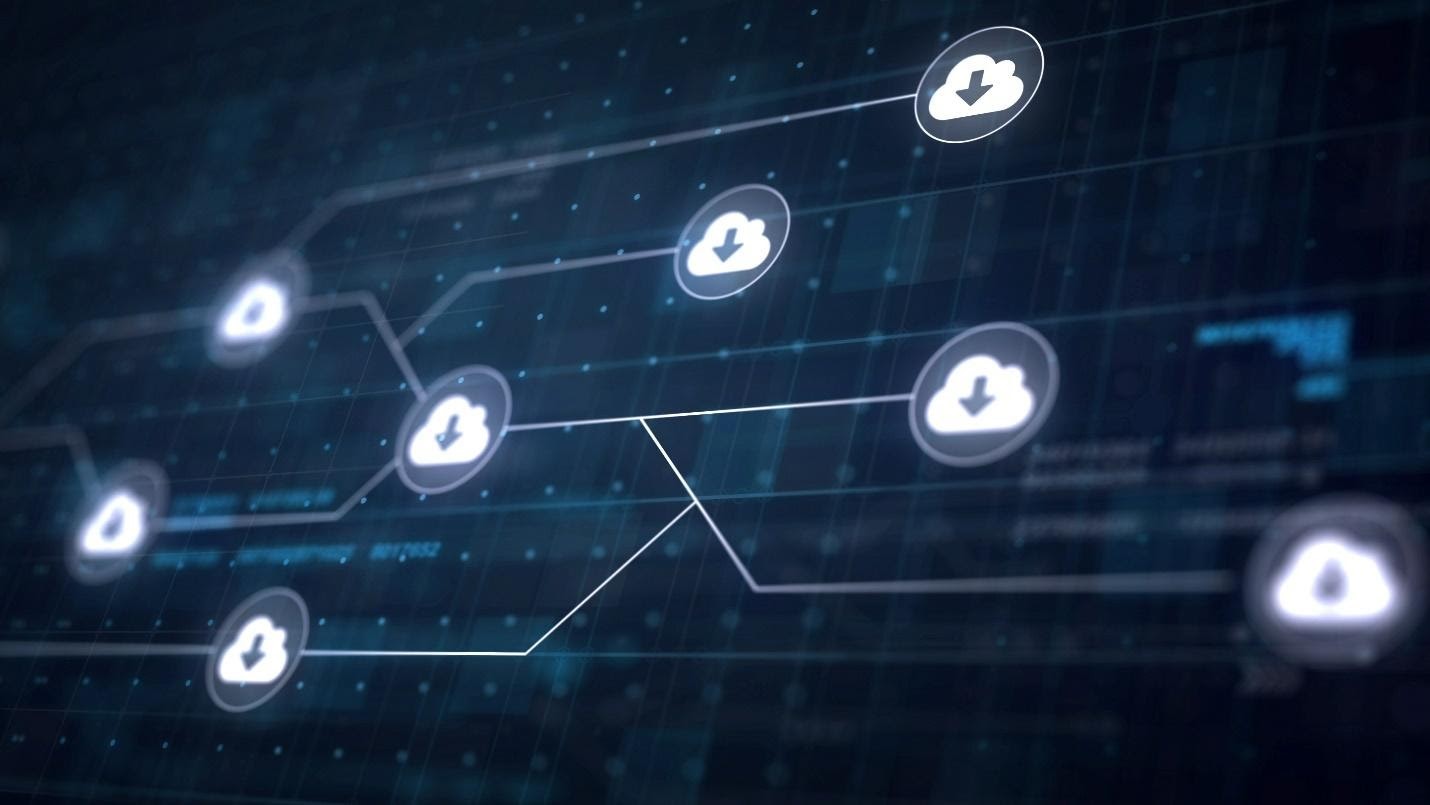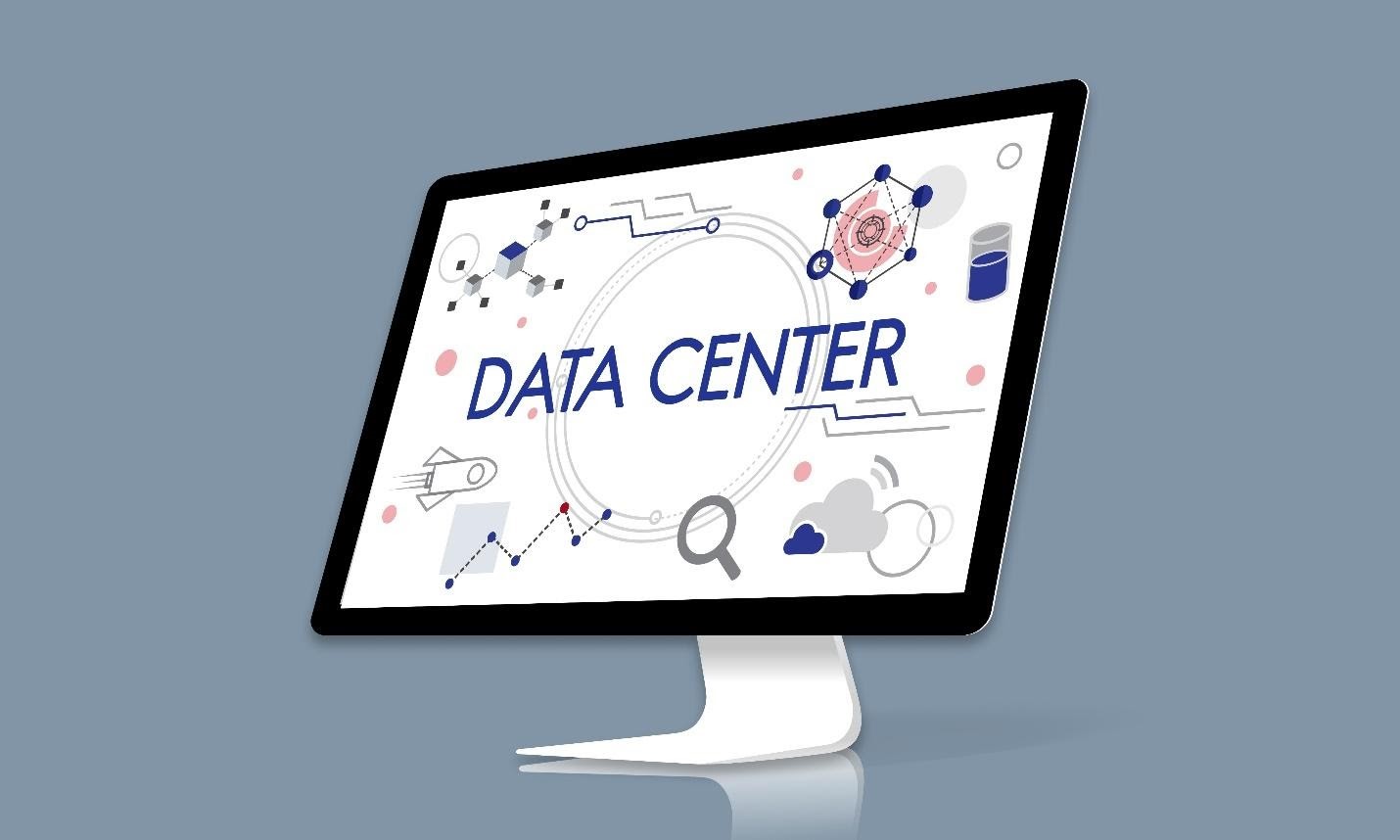Some are unaware of the use of proxies. You might believe that proxies are only used to get access to specific information that is banned or to keep your WI-FI network safe.
A proxy is a simple middle network that allows you to establish an indirect connection to other websites. Instead of a private IP address, an internet proxy has its IP that will be assigned to the user. This private proxy can also be used for user experience, safety, and everything in between.
There are two major types of proxies:
Datacenter Proxy
As the name implies, datacenter proxies are housed in large data centers. Data Centers operate in a fairly straightforward manner. When you make a request to a specific website, it is routed through the datacenter proxy server. Before sending requests, the server hides your IP address by allocating it to another IP address.
The response to the query is sent through the newly assigned IP before being sent back to you. Websites will be unable to determine the genuine origin of the request in this manner.
Residential Proxy
Residential proxies, as the name implies, are proxy servers with residential IP addresses. Residential IPs are given by your internet provider, unlike datacenter proxies, which are unrelated to your (ISP). That means they’re almost certainly run by your internet service provider.
Residential proxies, like datacenter proxies, hide your actual IP address by diverting your internet activity and requests through an intermediary server with different IP. The website resource you’re viewing won’t be able to track your activities back to your real IP.
9 Lesser-Known Uses of Proxies
-
Squeeze Traffic
To give you a defensive cloak, your proxies can provide you with several extra features. Your data is also reduced by the proxy site to conserve bandwidth. This helps to explore websites quicker and spend less while downloading various data and applications.
The proxy website balances queries to every server. Ensuring that your site is not overloaded. This occurs in the backend to determine a good consumer experience. Your internet proxy is a useful tool for managing web traffic loads.
-
Website Cache
Proxies can cache websites for you, speeding up the loading process even further. By caching specific files from the websites you browse using proxies, the sites have less work to do when they open, allowing you to browse them more quickly while being secure behind a proxy server.
For caching information, such as photos and web links, the proxy synchronizes with the server-side.
By caching files and web pages that are viewed by many users, and compressing data from websites, proxies can improve internet speeds and preserve bandwidth. This frees up critical bandwidth on a crowded connection

Ad Removal
You can use a proxy to hide not only the irritating cookies that websites left behind. But also, all the advertising that arises from the prior searches. Even if you have removed cookies, ads can remain live on the websites. These ads sometimes contain malware that may affect your website and system. You can prevent all the adverts that stay on the websites with the help of proxies.
-
Malware Removal
We think of a proxy as a technique to get around filters. It can also be used as a filter in itself. You can prevent viruses and adware while you explore and browse using proxies. Because it can’t come back to your own system through proxies.
A proxy protects you online by filtering out harmful websites. Users outside can only view your proxy server connection. While users inside must go around the proxy to connect to the internet.
-
International Purchasing
Some companies and businesses restrict some regions for sale and purchase. If there is a geographical limitation, you can visit the website from anywhere in the world with the help of proxies. Because proxies allow you to bypass the geographical limits as the browser cannot recognize your location.
-
Firewall Navigation
While a firewall is a very important tool for protection from cybercriminals at school or work. It can also restrict sites that we need to view.
But proxies can bypass firewalls and access the sites we need. You need to use a proxy server supplied by your organization to go over the firewall and get to the sites.

-
Prevent Cookies
The capability of proxies to prevent cookies is a feature that we can all appreciate. Cookies are small trails left by websites so when you return to the website, it “recalls” your previous history. Which can lead to unwanted advertising techniques.
When you use a proxy between you and the server, the server can’t store any cookies on your system since it has nowhere to put them. As a result, each session you conduct is a new one.
Proxies prevent cookies from altering your surfing experience and protect your machine from malware threats on the Internet. You can now secure your website and prevent it from malware by employing a proxy.

-
Blocked IP
A proxy server acts as a mediator between you and the internet, allowing you to remain anonymous when searching or browsing. It’s a way to do a lot of things, but one of the main reasons you might use proxies is if your IP address has been blocked.
If you were thrown off a gaming server and the server blocked your IP. You can connect back in via a proxy server.
Always keep in mind that your IP address can reveal a lot of info about your sites, such as your location and region. Cybercriminals might use your IP address to access your info. No one can see your private info if you use a proxy to mask your identity.
Conclusion
Proxies are a fantastic tool that can provide you with many advantages. Proxies are also used for a variety of corporate purposes and security protection from cybercriminals. The proxy site distributes queries to each server, ensuring that your site is not overloaded. Proxy caching is a functionality of proxy websites. Which allows online services to pool resources with users by storing the material on your server.
